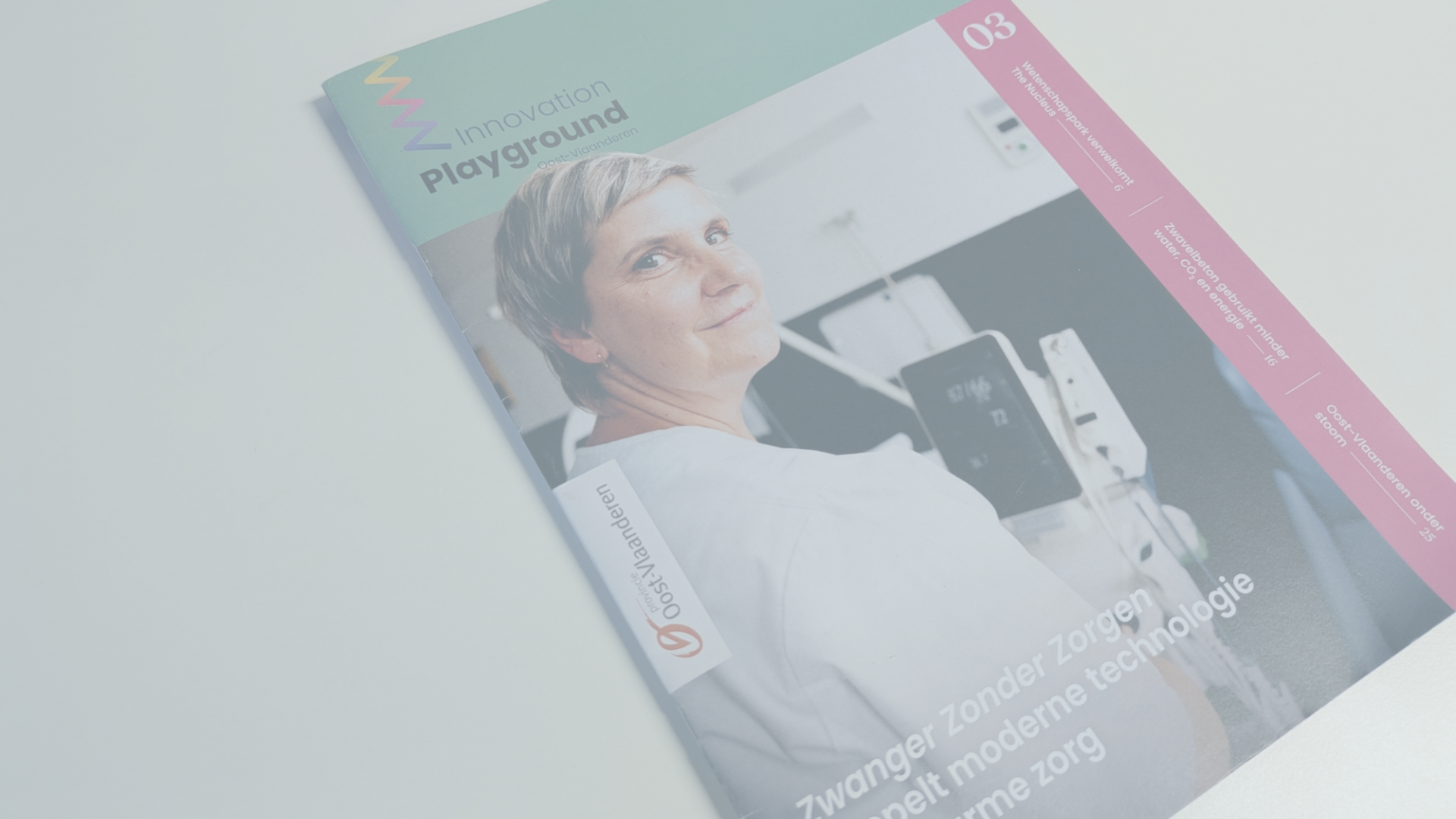
Project: Industrial heat exchange (2023–2026)

Smart Delta Resources Flanders, POM East Flanders and Ghent University are collaborating on a project in the Flemish North Sea Port region. They are investigating how heat left over from industrial processes can be reused. High-temperature heat pumps can be used to upgrade this residual heat. This enables companies to save energy, reduce their CO₂ emissions and accelerate the transition to more sustainable heating.
What's happening today?
Today, industrial heat and steam networks already exist in the region. For example, Stora Enso supplies residual heat to Volvo Car Gent via a pipeline, enabling the car manufacturer to use green energy in its production. BEE supplies heat, steam and electricity to surrounding businesses via its power plant, and just across the border in Sluiskil, Yara supplies residual heat and CO₂ to the local horticultural sector. But this is only the beginning... .
What are we investigating? And how are we doing it?
-
Step 1: in-depth process
Over the past two years, POM Oost-Vlaanderen, SDR Flanders and Ghent University have been working on a robust thermodynamic model, tested within a cluster of companies between the R4, the Moervaart, the Ghent-Terneuzen canal and Sas van Gent. This model analyses the efficiency of heat exchange based on temperature, pressure and volume.Part of this knowledge has been included in a scientific publication:
Applied Thermal Engineering.
- Step 2: broadening process
The POM and SDR further developed this into a techno-economic model that supports investment decisions, providing insights into turnover, costs, cash flow, opex (operating expenses) and capex (capital expenditure). The focus is on increasing energy efficiency through collaboration and heat pump technology.

Role of Smart Delta Resources
Through the B2B Heat Task Force, we identify where heat is released and where it can be put to good use. SDR facilitates knowledge sharing, guides companies in starting up projects and provides advice on possible support measures. Thanks to close contact with industry, solutions are tailored to what companies need and what really contributes to lower CO₂ emissions and a more sustainable industry.
High-temperature heat pumps
Many industrial processes release heat that is often lost through flue gases, cooling water or other waste streams. High-temperature heat pumps (HTHP) make it possible to reuse this residual heat. They extract heat from a low-temperature source and increase it to temperatures of 120°C to 200°C or more, which is exactly what is needed for applications such as steam production in the chemical, steel or food sectors.
This technology is a game changer for the industry: whereas traditional heat pumps are mainly suitable for homes or offices, HTHPs can also be used in heavy industrial processes. This opens the door to the complete electrification of process heat, making companies less dependent on natural gas and enabling them to significantly reduce their CO₂ emissions.
This offers opportunities within industrial clusters such as North Sea Port. In regions with high levels of activity and available residual heat, HTHPs can be used locally and linked to heat networks. This creates a circular energy system in which heat is exchanged intelligently between companies, an approach that is both ecologically and economically profitable.
Wat zeggen onze partners?




